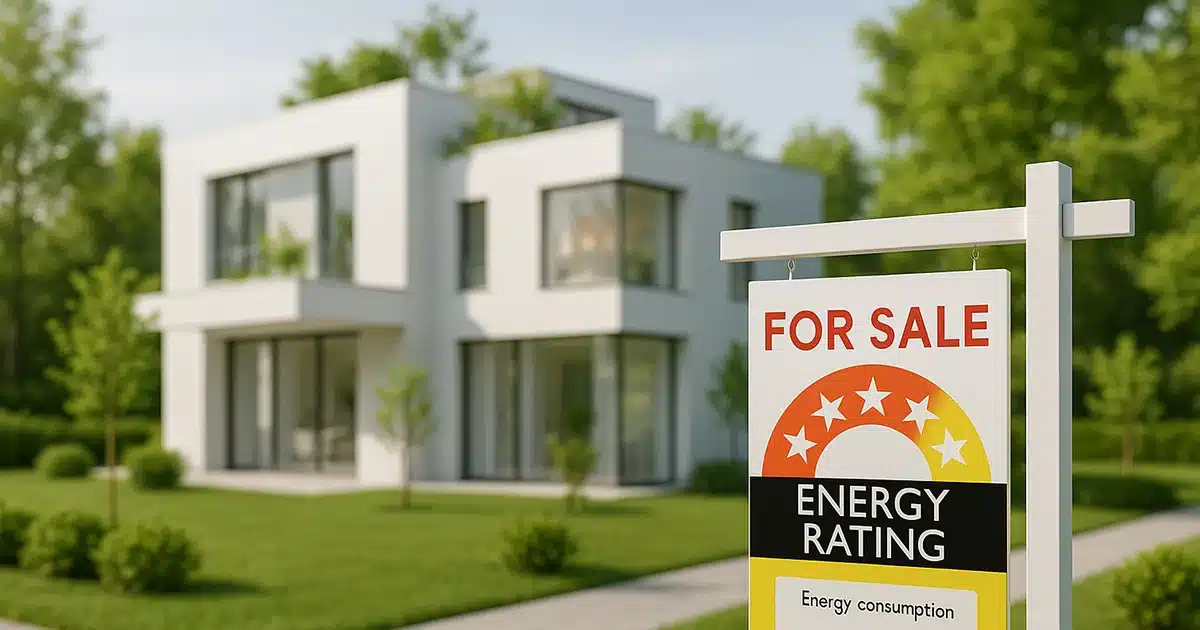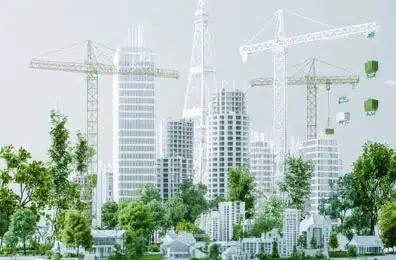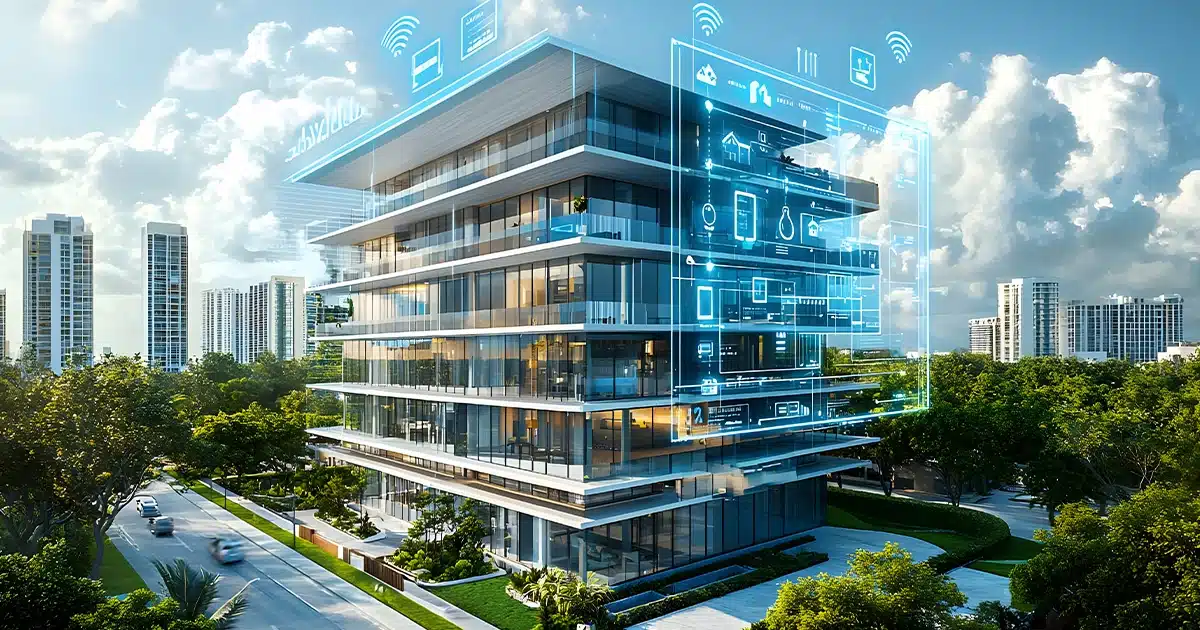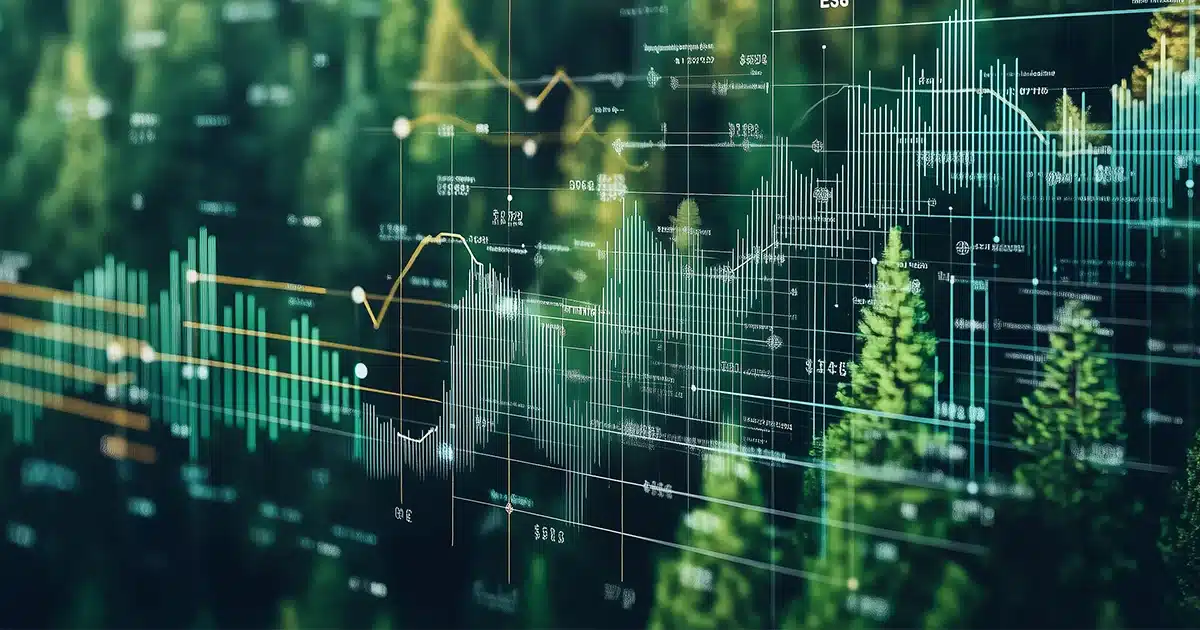Environmentally Sustainable Design (ESD) in Melbourne
GREEN BUILDINGS TO IMPROVE THE ENVIRONMENT
Designing More Sustainable Buildings
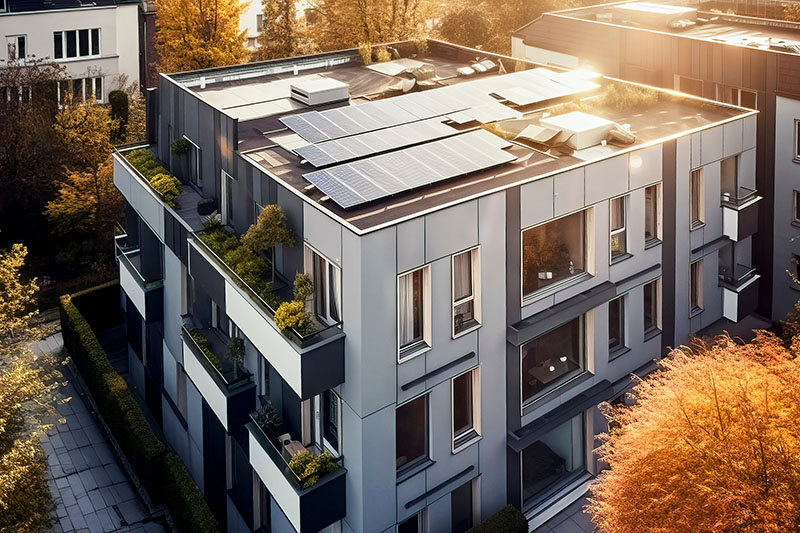
The process of designing buildings that are friendly to the planet and energy efficient is called Environmentally Sustainable Design (ESD).
ESD aims to achieve:
- Energy consumption reduction
- Lower water usage
- Less waste production
- Improved indoor air quality
- Occupant comfort
The ultimate aim is to have better buildings in Melbourne that are beneficial to the environment and the people.
How Melbourne Buildings Can Benefit from ESD
Designing green buildings has a range of social, economic, and environmental benefits, such as:
Less Energy Consumption
When energy usage in your building is decreased, you can expect lower energy costs and reduced greenhouse gas emissions.
Enhanced Water Efficiency
When you improve water efficiency in your building, you can have water bill savings and less water pollution.
Lower Waste Production
A building that generates less waste can result in waste disposal savings, and much less waste will go to landfills.
Better Indoor Air Quality
A green building can have less pollutants and allergens – which means better health and well-being for building users.
Improved Comfort Levels
A building that uses more natural light and more natural ventilation can boost comfort for building occupants.
ESD Guiding Principles
Site Considerations
Aim at sustainability when choosing the location, building orientation, and landscaping.
Energy Reduction
Designing green buildings means minimising dependence on fossil fuel energy.
Water Conservation
Sustainable buildings promote
less water use and more
water recycling.
Optimising Materials Use
Use sustainable materials
and re-use materials
productively where
you can.
Better Quality of Indoor Environment
Better buildings have more daylight use and considers ventilation, moisture controls, and acoustic performance.
Operational Optimisation
Reduce maintenance
requirements and simplify operational practices
wherever you can.
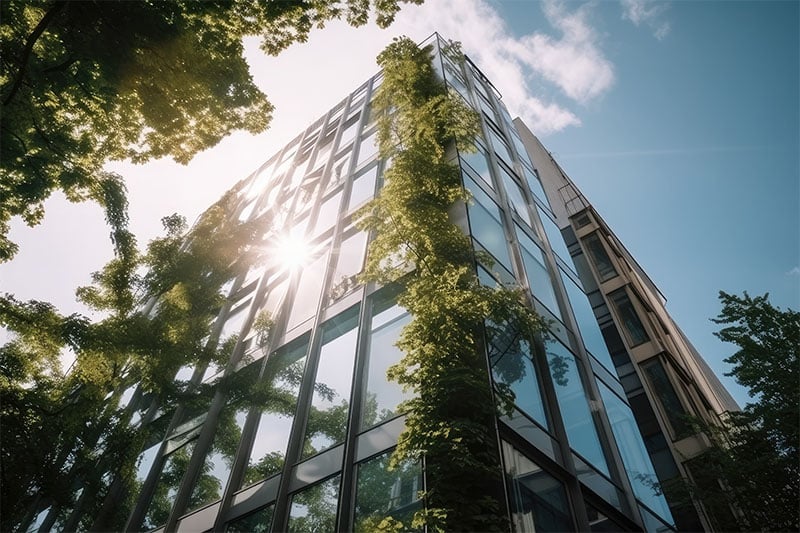
We Can Provide Sustainable Design Assistance in Melbourne
Application Solutions can help you with environmentally sustainable design for your Melbourne building. Together we can create a better, safer, and greener future.
Eco Certification Services
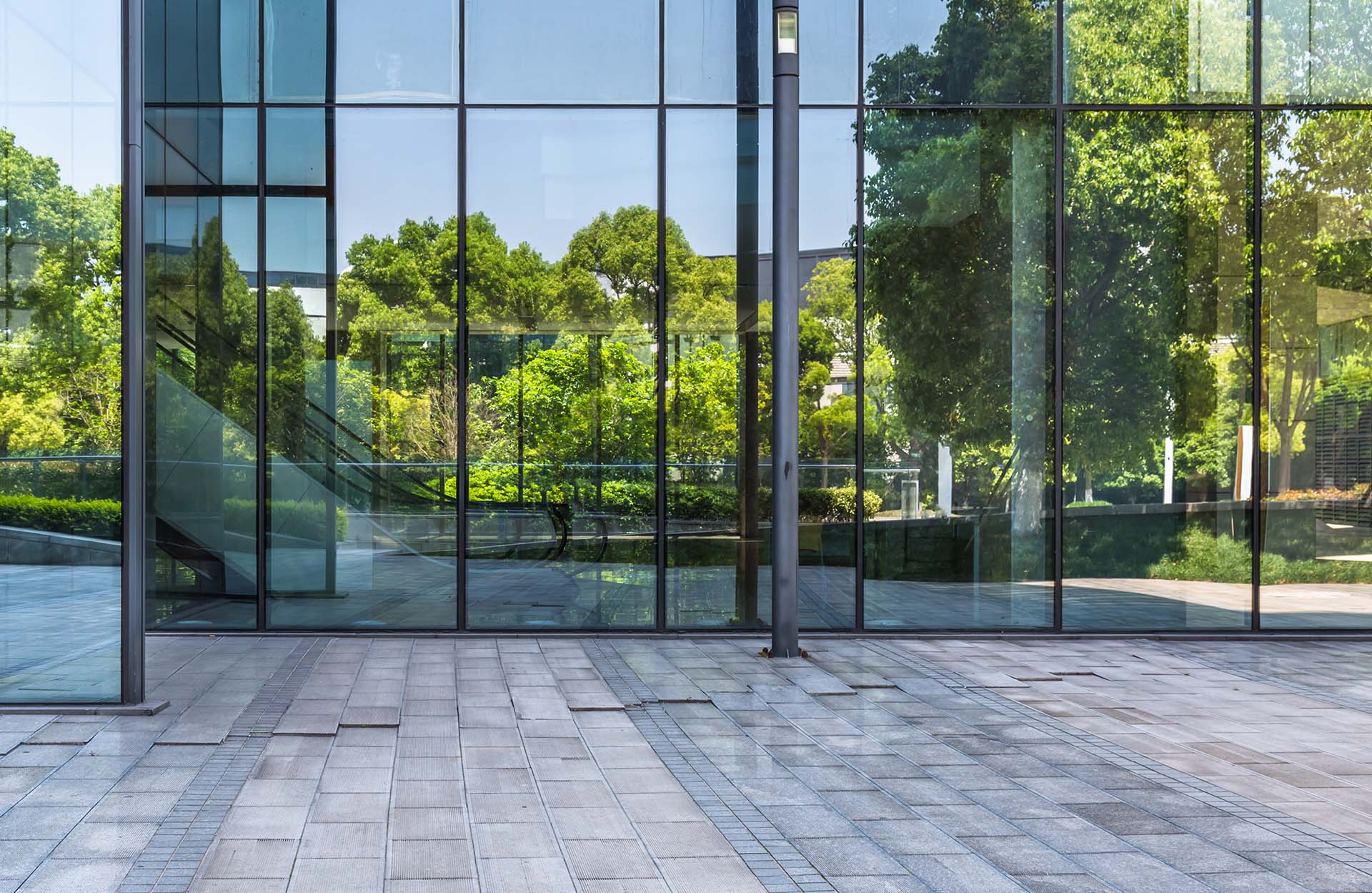
NABERS
The National Australian Built Environment Rating System – NABERS Rating Scheme is essential to some buildings in Melbourne. It can help building owners and tenants benchmark their greenhouse performance.
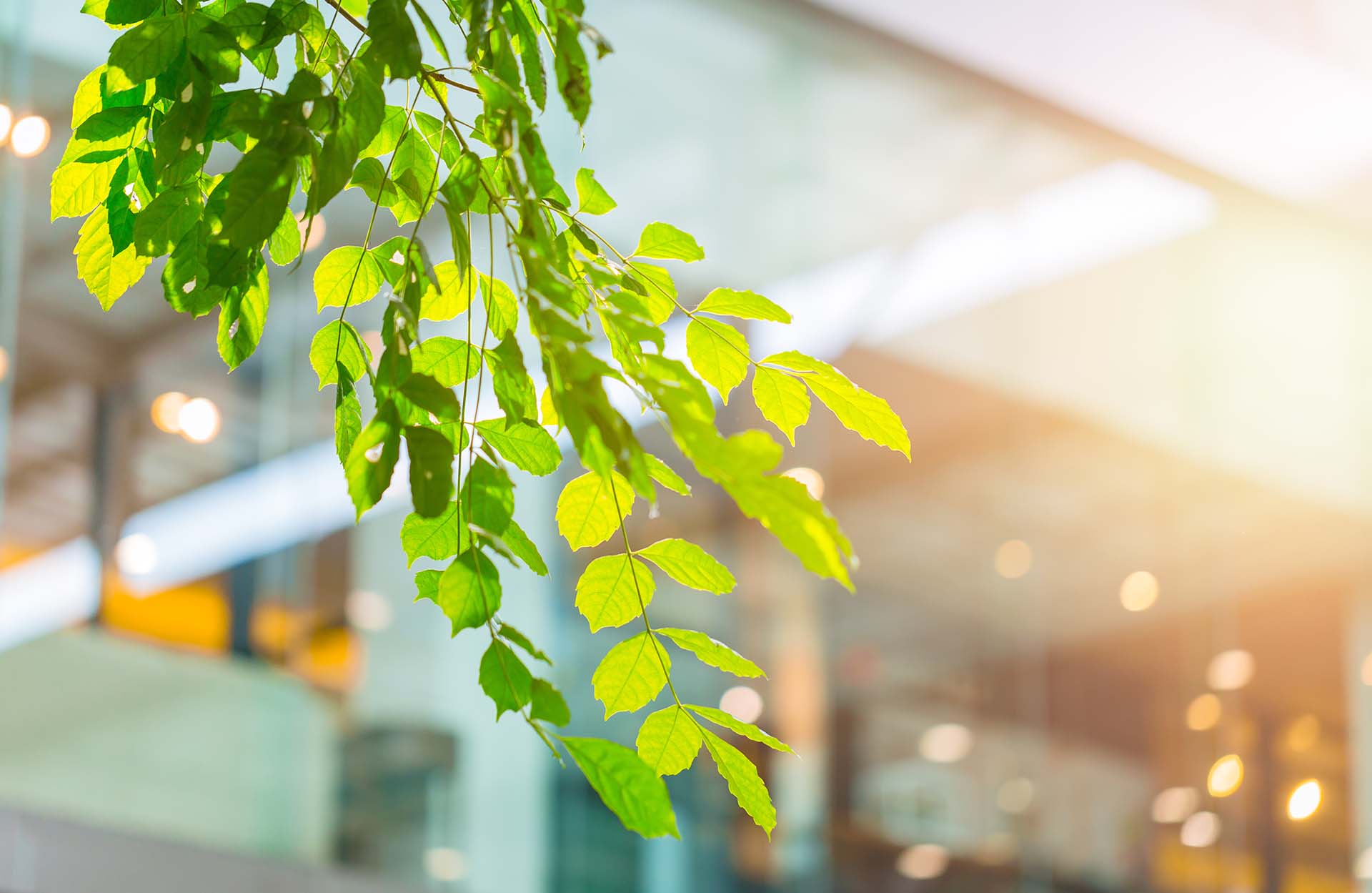
BCA Section J
Before you apply for a Construction Certificate in Melbourne, you will need to comply with Energy Efficiency provisions of the Building Code of Australia (Section J).
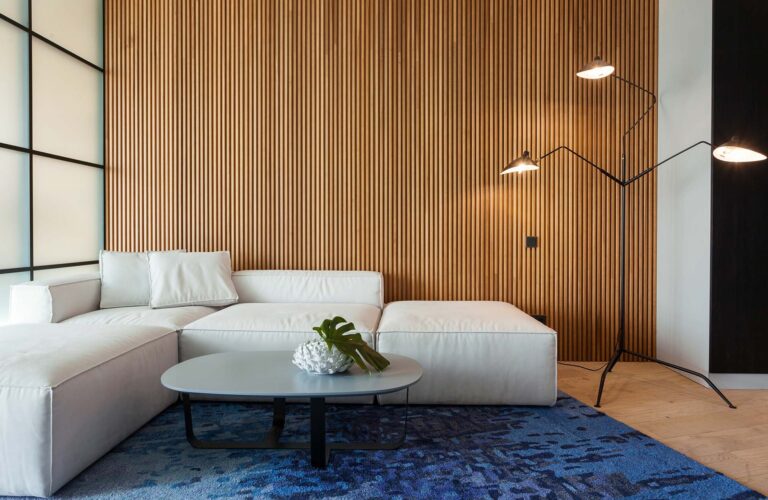
J1V3 Assessment
The Verification Method J1V3 demonstrates that a newly constructed building complies with the energy efficiency standards set forth by the National Construction Code (NCC). It applies to non-residential buildings in Australia.

BEEC
The Building Energy Efficiency Certificate (BEEC) consists of NABERS and the Tenancy Lighting Assessment (TLA). The BEEC is vital when selling, leasing, or subleasing office space in Melbourne.
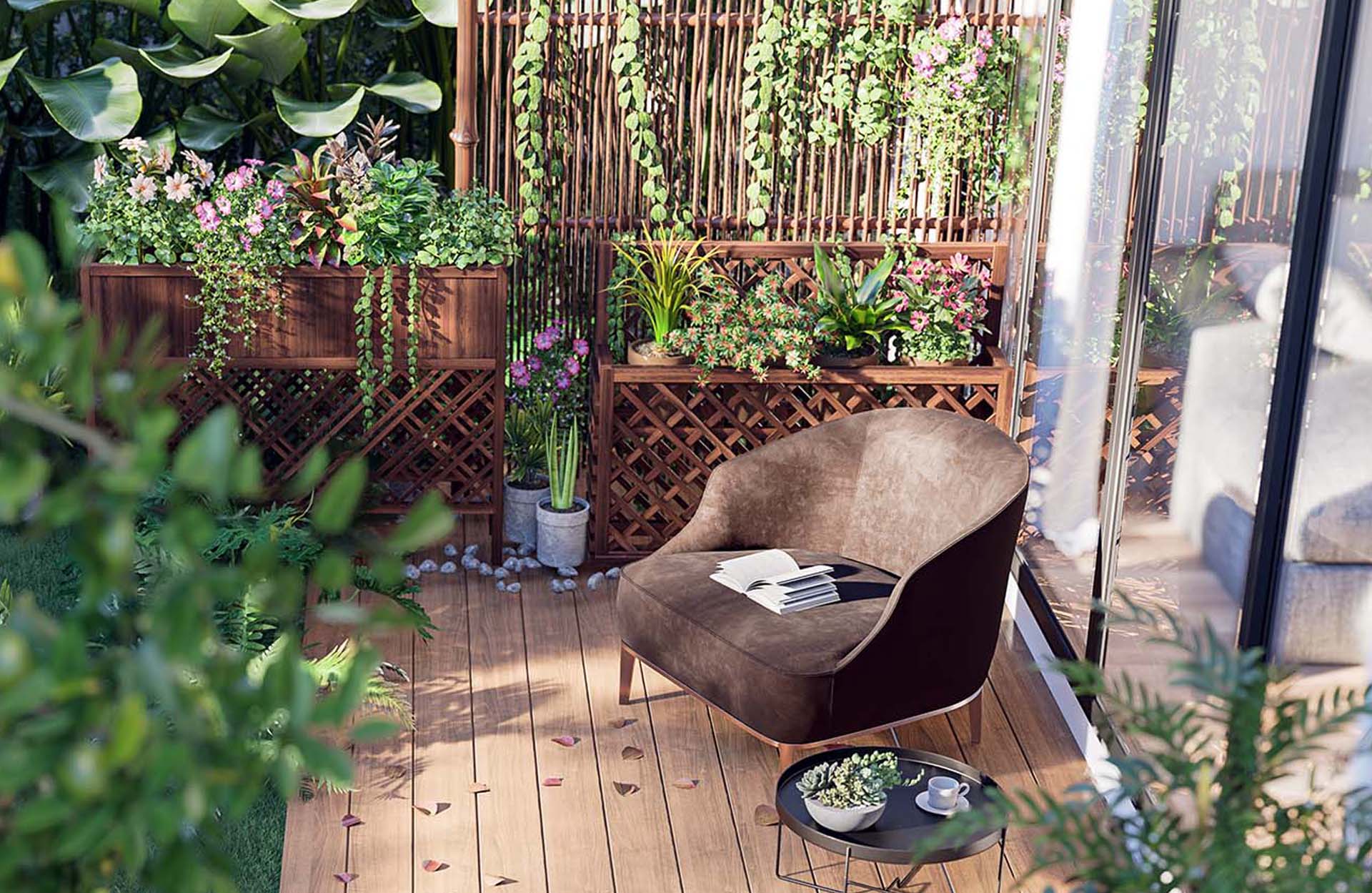
Green Star
In Melbourne, having a Green Star is an independent verification of a building or community project’s sustainability. It shows a commitment to environmental responsibility, sustainability, and innovation.
Buildings in Melbourne need ESD to help minimise environmental impact. This can be done via energy efficiency optimisation, reduced water consumption, and improved health and well-being of building users. Applying green building principles can increase property value and enhance the building owner’s reputation.
ESD involves these key elements:
- Building orientation
- Building performance benchmarks
- Water management
- Building management, innovation, and technology
Existing Melbourne buildings can benefit from sustainable design when they need upgrades or expansion. Talk to our ESD specialists to discover how.
Yes, as a means of certification, the Green Building Council of Australia (GBCA) uses Green Star rating tools: Green Star – Communities, Green Star Buildings, Green Star – Design & As Built, Green Star – Interiors, and Green Star Performance.

